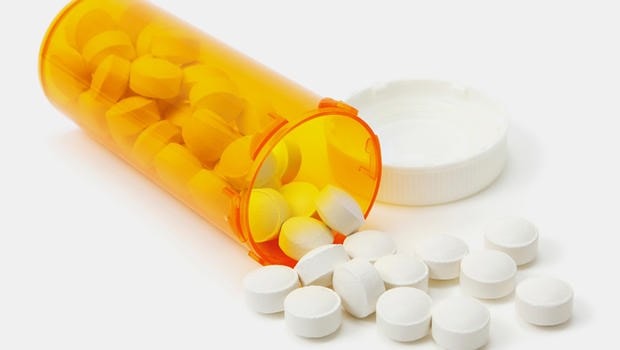Pharmaceutical companies call for prevention of drug-resistant "superbugs"
On January 21, at the World Economic Forum (WEF) conference held in Davos (Switzerland), more than 80 leading pharmaceutical companies in the world called on governments and the pharmaceutical industry to coordinate to find measures to promote the rational use of antibiotics and prevent the rapid increase of drug-resistant "super bacteria".
 |
| Illustration photo. (Source: cbsnews.com) |
In the “Declaration on Stopping Drug Resistance (DCAR),” 83 countries and eight pharmaceutical associations from 16 signatory countries called on governments worldwide to support investment in the development of antibiotics, diagnostics, vaccines and other pharmaceutical products to prevent and treat drug-resistant infectious diseases.
DCAR is an important step for the global pharmaceutical industry in dealing with drug-resistant “superbugs”, contributing a positive voice to the World Health Organization (WHO) global plan to reduce the inappropriate use of antibiotics in humans and animals.
The fact that a large number of pharmaceutical companies around the world, including big names such as Johnson & Johnson, Roche, Novartis, Pfizer and Merck, AstraZeneca, GlaxoSmithKline and Sanofi... have signed the above statement shows the urgency of making new strides in the development and marketing of antibiotics.
Pharmaceutical companies acknowledge the fact that many antibiotics are rapidly losing their effectiveness while alternatives are yet to be discovered. Tackling this situation is considered a top priority in global health policy.
In the statement, pharmaceutical and diagnostic companies agreed to take measures to develop new drugs and vaccines and protect the effectiveness of existing drugs. Pharmaceutical companies committed to increasing investment in research and development of new antibiotics, and called on governments to develop new commercial models that can incentivize research and development, and to deploy new appropriate treatment frameworks to limit antibiotic misuse.
A UK-led study estimates that without swift action, antibiotic resistance could kill 10 million people worldwide each year by 2050./.
According to VIETNAM+
| RELATED NEWS |
|---|


.jpg)





